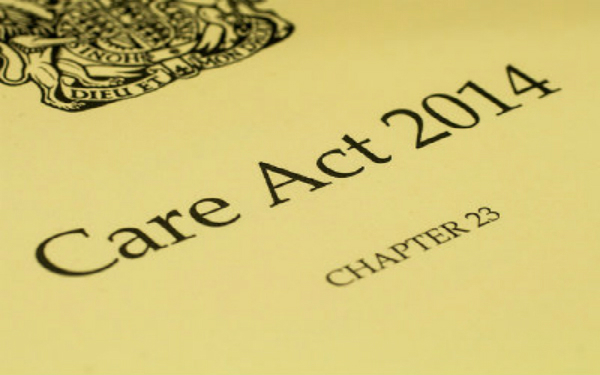Council failed to meet man’s eligible needs after savings fell below threshold, ombudsman finds

A local authority failed to meet a care home resident’s needs after his capital fell below the threshold triggering eligibility for public funding, an investigation has found.
Merton council had assessed Mr Y and found he had eligible needs in June 2020, after his capital fell below the £23,250 limit, but left him funding his own care, the Local Government and Social Care Ombudsman found. This was an injustice to Mr Y as the council was under a duty to meet his needs, up to the point he moved out of the borough.
The council had been trying to move Mr Y from the residential unit of “care home A” to a cheaper home during the first Covid-19 lockdown, which the ombudsman found there was no case to do. His daughter Ms X, who had power of attorney for his finances and welfare, was against the move, while care home A and a council social worker also raised concerns about the impact of moving him. However, the ombudsman found that Merton did not assess the impact of moving him, meaning the council had not provided evidence of a suitable alternative placement for Mr Y.
The ombudsman also found fault with the council for not pursuing an NHS offer in June 2020 to fund Mr Y’s nursing care in the nursing unit of care home A, as an interim measure. This would have postponed any decision about moving Mr Y until he had had an NHS continuing healthcare assessment, which had to be delayed because of the pandemic.
The ombudsman also found Merton did not follow the Care Act statutory guidance in not sharing Mr Y’s indicative personal budget with Ms X at the start of the care and support planning process.
Instead, it only shared an indicative budget with Mr Y’s advocate by email in August, two months after completing his assessment.
Related articles
In addition, the council did not meet its Care Act duty to provide information and advice, by delaying sending Mr Y’s care and support plan to Ms X until the end of July 2020. It also failed to do so when it did not engage with her request for information on top-up fees in September of that year.
Merton council agreed to the ombudsman’s recommendations to:
- refund, with interest, Mr Y’s care costs from the point his capital fell below the threshold, minus his assessed care contribution;
- pay £400 to Ms X for the distress caused to her;
- ensure it does a person-centred risk assessments before deciding a person’s needs can be met in a different care home;
- provide people with indicative personal budgets.
A Merton Council spokesperson said: “We accept the findings of the Ombudsman report and have already responded by putting in place the recommended actions. We continue to implement further actions into practice and learning from this ruling.”